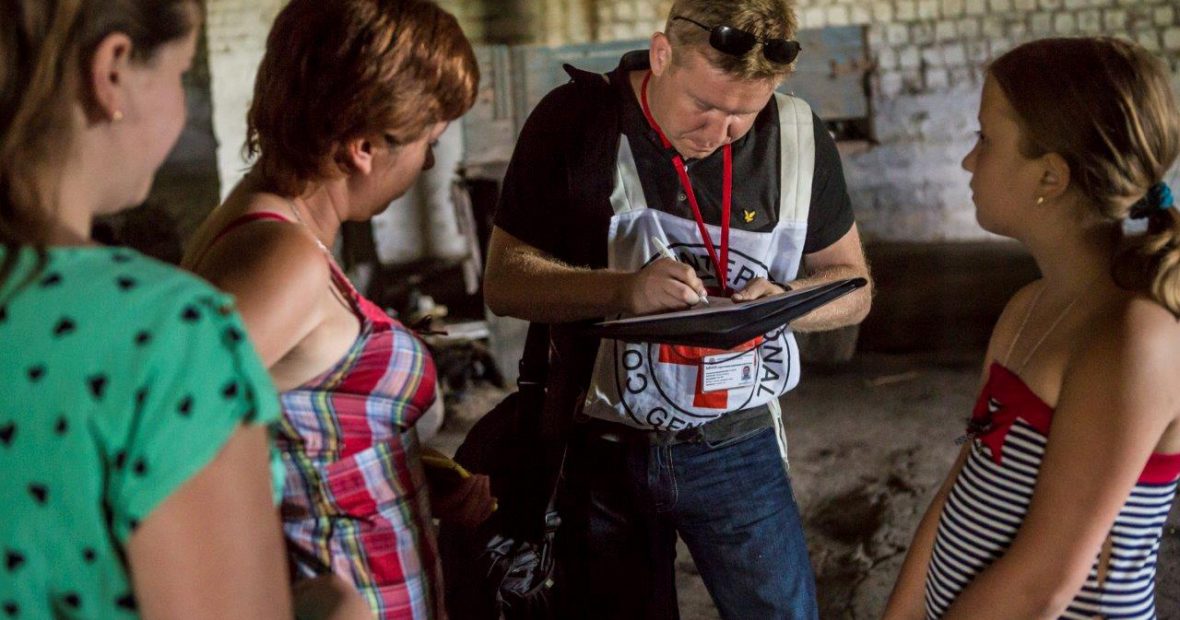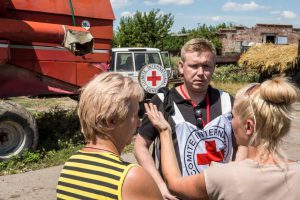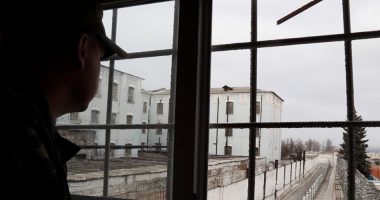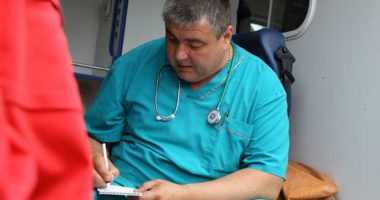At least a thousand of people are missing because of the armed conflict in Eastern Ukraine. Volodymyr Navrotskiy, an ICRC staff in Sloviansk, has been working with families of missing persons for more than a year. He reflects on the challenges of this very special work.
How does the ICRC work on the search for the missing?
We try to find missing persons upon request of their family members. We are looking for everyone, whether it is a soldier or a civilian. We work with representatives of all parties to the conflict to clarify the fate of the missing and to alleviate the suffering of their relatives. It is a very sensitive file. This is why we treat all information related to the cases in a confidential manner.
How does the search for a missing person start?
First, we register the case by filling in a special form together with a family member. Before I explain, what we can and what we cannot do. It is a very important step. We do not want to raise false expectations. You never know how long it will take. It may seem very easy to fill up a 4-page form but sometimes it takes more than 3 hours. People talk not only about the disappearance, but also about all the difficulties that this absence has engendered. During these conversations, I need to assess their problems and their needs so we can better try to help them.
What is the search procedure?
First, we assess what structures, authorities and institutions can provide information about the fate of a person. We can address our requests to forensic institutions, laboratories and/or investigative authorities. Besides, we address the various parties to the conflict.
After receiving the response, we inform the family about the outcome of our request, even if the answer is that there is no information about the sought person. Then we look for other institutions that can help in the search. We contact the family at least once every 3 months and inform them of our actions, even if there is no news. We tell what measures we have taken and listen to them to understand how the situation has changed, and what new problems have arisen. People must not be forgotten. Very often, people feel like no one listens to them, and they stay alone with their grief. At the end of our conversation, I observe sometimes that they feel better just because someone listened to what they have to say.
What is challenging about working with the families of the missing?
Above all registration of every missing case is emotionally difficult. Each story is a tragedy.Another thing is that people living along the contact line do not sleep at night because of shelling and have half-ruined houses. Often they become victims of swindlers, who deceive them by promising to find the missing for huge sums of money. So people can be hostile, aggressive, even yell at us. Disappearance of a loved one is huge grief, a life in limbo between despair and hope. It is exhausting.
Colleagues say that you are one of the best when it comes to working with people. What is your secret?
Perhaps I just love my job. I am happy to help these families and do good things. I work for the people, with all my humanity. I do care about those families and I do everything that I can to alleviate their suffering – there is no other secret.




